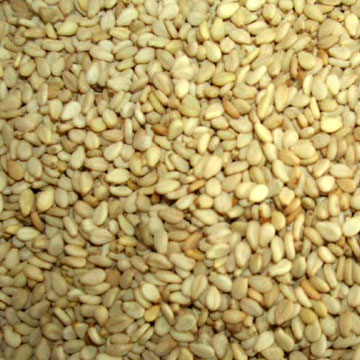Por Stella E. O. Tagnin
Pits, seeds or stones?
Fruits have those little things inside, which we usually don’t eat. In fact, some are not that small! Think of an avocado, for example. They are generally called seeds,but not always. Well, when they are really small, they are called seeds. Here is a list, from COCA (www.americancorpus.org) as usual, for the noun collocates ofseeds:
1
| |
2
| |
3
| |
4
| |
5
| |
6
| |
7
| |
8
| |
9
| |
10
| |
11
| |
12
|
 Sesame seeds
Sesame seeds Pumpkin seeds
Pumpkin seeds Sunflower seeds
Sunflower seeds Fennel seeds
Fennel seeds Mustard seeds
Mustard seeds
Some fruits, however, have a pit or stone, which has a seed inside. They are calledstone fruits. Plums, cherries, peaches, apricots and nectarines fall into this category:

 Cherry pits
Cherry pits  Peach pits
Peach pits Apricot pits
Apricot pits
· To pit olives, crush slightly with the flat side of a knife blade, then remove pit.

· Halve and pit the avocado.

Now, let’s move to the outer part of the fruit, which we usually don’t eat either. That is why we peel bananas, oranges, apples and other fruits, and some vegetables too, like carrots:
· Peel apples, and cut into 1/2-inch-thick wedges


Lemons, limes, oranges and bananas have peels:
· A shallow glass bowl of lemon peel.
· Stir lime peel into cooked rice.
· Place 1 tablespoon plus 1 teaspoon orange peel and the remaining ingredients in a bowl and toss to combine.
· A good turn may consist in removing a piece of banana peel from the pavement.
A number of fruits and vegetables, though, have skins:
· Try to eat a banana or a potato skin to keep your potassium up.
· Apple skin is where the nutrients are concentrated.
· Find out how to use pineapple skins in your kitchen and home, and give those scraps a second life!
The peels of citrus fruits are also called rinds:
· Season to taste with lemon juice and grated lemon rind.
· Stir together lime rind and next 6 ingredients in a large bowl.
· 1 teaspoon chopped cilantro # 1/2 teaspoon grated lime rind.

Actually, grated lemon rind – and also very small pieces of lemon peel - are calledlemon zest:


But these are also rinds:
 Watermelon rinds
Watermelon rinds  Melon rinds
Melon rinds
Confusing? Not really!
Seeds are “sementes” in Portuguese, and pits and stones are “caroços”.
For peels, skins and rind we only have one word: “cascas”.
And zest is “casca ralada”.
Now you’re ready to enjoy your piece of fruit, but – depending on which fruit it is – better pit it and peel it first!
Bon appetit!
Stella

